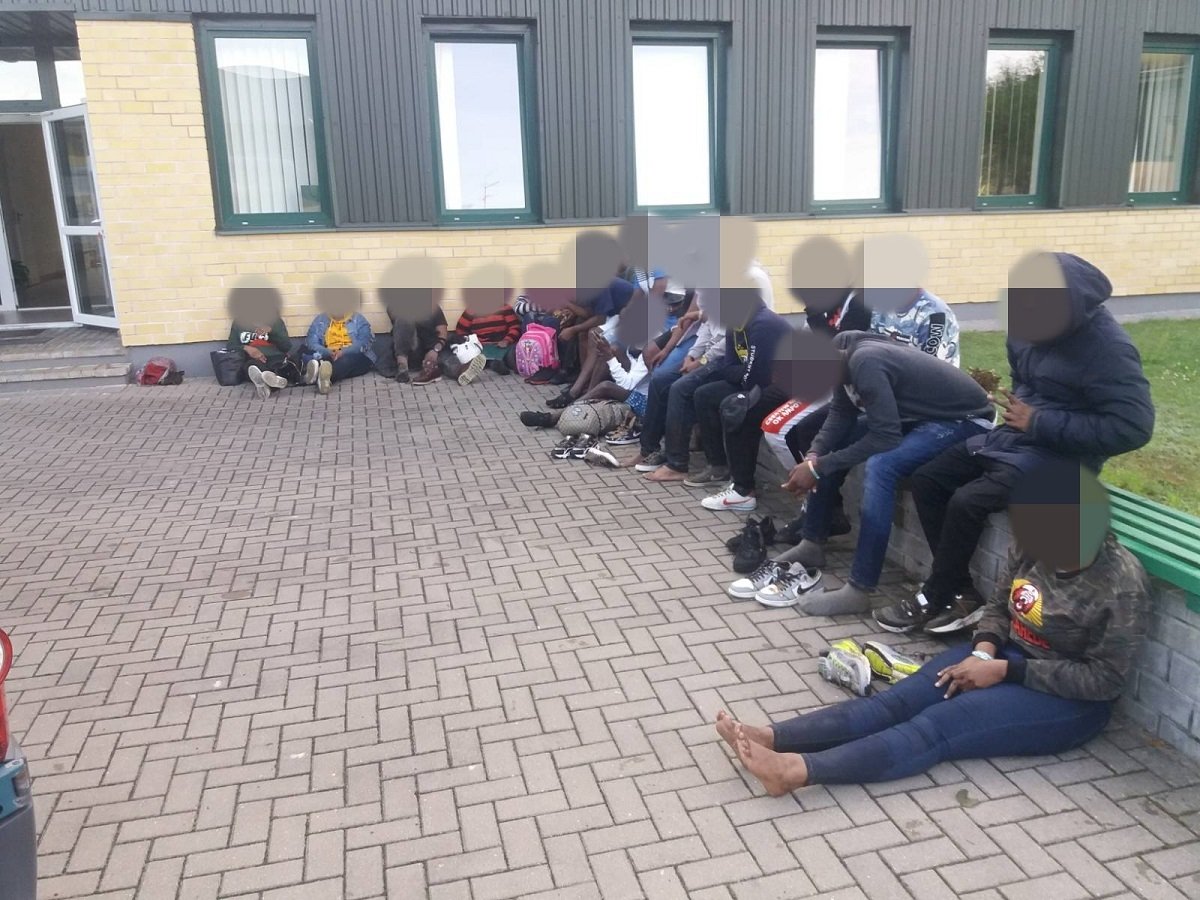
[ad_1]
The proposals were discussed by the heads of the municipalities at the extended meeting of the board of the Lithuanian Municipal Association (LSA) on July 7.
As in the management of the crisis caused by the pandemic, so now the municipalities are willing to help state institutions and contribute to the management of the influx of foreigners as far as possible.
And while we see that this challenge has not been adequately prepared and some important decisions have not been made so far, now we only have time to focus, listen to each other and take action, each within our purview. This is the only way we will control the situation, ”says LSA President Mindaugas Sinkevičius.
The proposals presented to the government establish that the municipalities support the principle of locating the residence of migrants in a specially equipped infrastructure. However, as highlighted in the LSA report, it is necessary to ensure that this infrastructure is established as soon as possible and that migrants are housed after a 10-day quarantine period. The municipalities note that although they were forced to provide premises only during the quarantine period, it is clear that migrants will continue to stay in these premises for a few days after their completion, while the number of new migrants is increasing day by day.
Another proposal refers to the security of the population, which they are increasingly concerned about. Since municipalities do not have public protection units or subordinate companies that perform this function, protection must be provided by institutions subordinate to the Ministry of the Interior or, if compensation is provided, municipalities could contract private security companies. Communication to the population on this issue is also very relevant, emphasizes the Association of Municipalities of Lithuania, noting that municipalities are willing to help and contribute to its implementation.
The municipalities where the migrants are currently located emphasize that they already have to make daily decisions about the various measures they need: personal hygiene and grooming (such as showers, laundry facilities), medical supplies, and others.
To ensure satisfactory living conditions for migrants and when planning these purchases, it is important that municipalities know what funds will be reimbursed, since, as the LSA emphasizes, the participation of autonomous municipalities is very limited and sufficient to provide public services. to the population of the country. It is also important to legalize the additional pay for those municipal employees who work overtime and weekends these weeks. Therefore, according to the LSA representatives, in the near future it is necessary to develop a clear algorithm for the compensation of costs incurred by municipalities, which would include precise categories of costs.
Municipal leaders also point out that, as the number of migrants increases, it is necessary to establish not only their testing mechanism, as well as the treatment conditions as soon as possible so that the country’s health system continues to function smoothly.
The municipalities also request the beginning of periodic inter-institutional meetings at the government level, in which key management actions are coordinated or discussed in advance with the municipalities with the participation of the Ministries of Finance, Health and other relevant services. Such a format would promote smooth cooperation, reduce the possibilities for interpretation and allow timely and adequate communication of decisions with the local population, according to the report by the Association of Lithuanian Municipalities.
No part of this publication may be reproduced without the written permission of ELTA.
[ad_2]